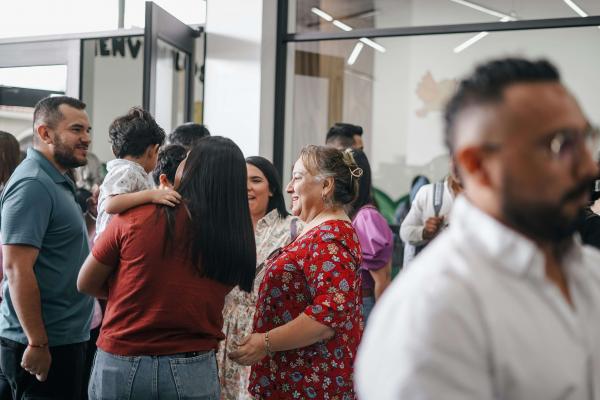Aug 8, 2024
Even in the depths of high-control religion, there were moments of being fed and cared for that I did not know I missed until I did.
Read the Full Article

Already a subscriber? Login

Even in the depths of high-control religion, there were moments of being fed and cared for that I did not know I missed until I did.
